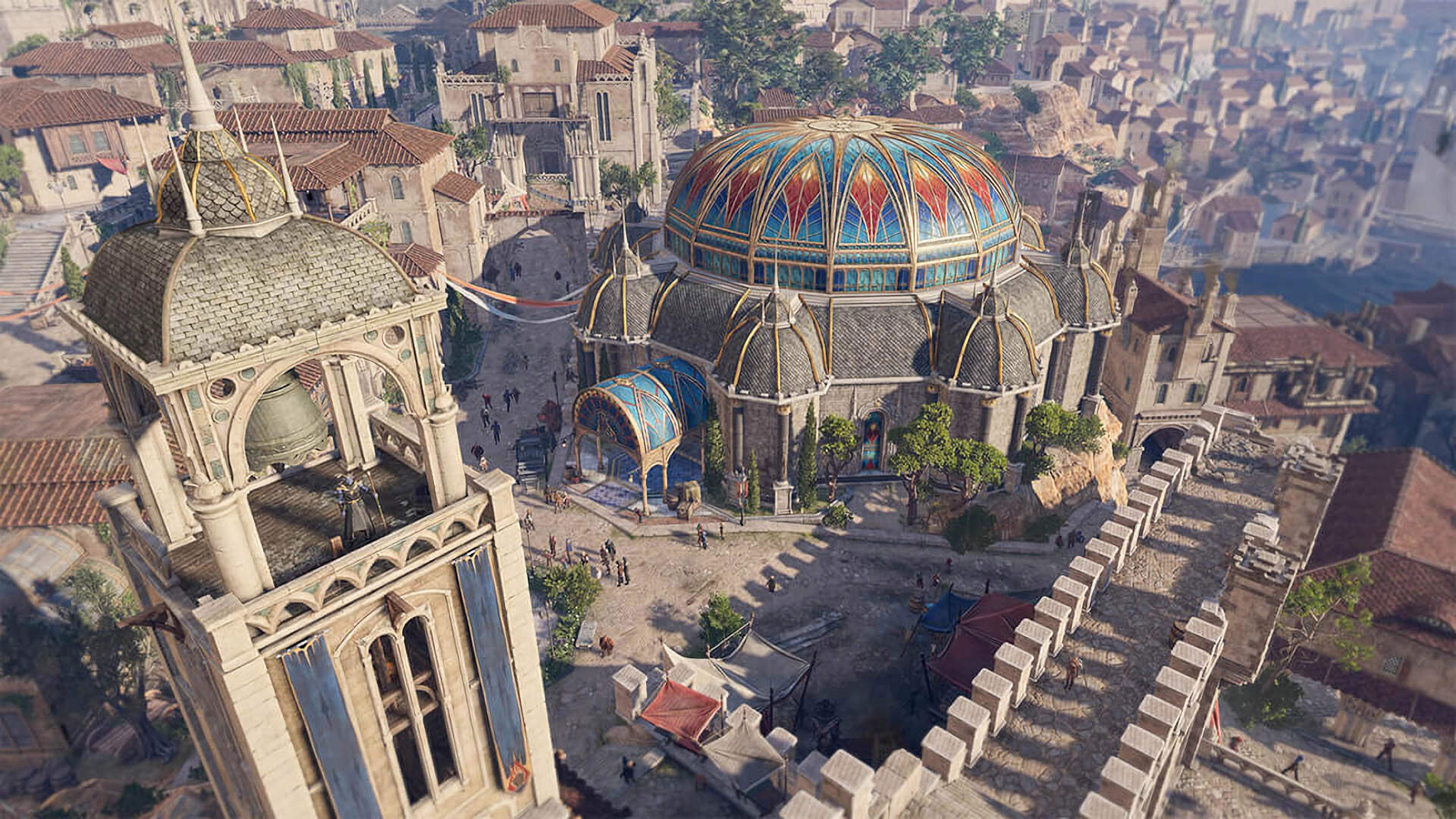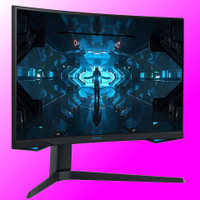Baldur's Gate 3 dev shows off the level of optimization achieved for the Xbox Series S port, which bodes well for future PC updates
Larian must have cast a transmutation spell on the code to get these gains.

Little things can often matter a lot and when it comes to streamlining a game's memory usage, every gigabyte counts. One of the developers at Larian, makers of Baldur's Gate 3, has shown that the team's recent hard work has resulted in a 34% reduction in VRAM usage for the forthcoming Xbox Series S version.
The good news was shared by Swen Vincke on Twitter, via a short post with two graphs showing how the RAM and VRAM loads of the Series S port of Baldur's Gate 3 have been significantly reduced in recent weeks.
It's worth noting that out of all the platforms that Larian has developed its masterpiece for, the Xbox Series S is probably the most restrictive. This is because it only has 8GB of high-bandwidth memory, to store the game while running and use as VRAM (the remaining 2GB gets used for system functions).
The graphs start at the beginning of September, with the game using just over 5.2GB for general game RAM and around 3.5GB for VRAM. By November, though, Larian had shaved this down to 4.7GB and 2.3GB respectively. The RAM reduction is a pretty decent 10% drop but the reduction in VRAM usage is a massive 34%.
Clearly, we have no idea what Larian has specifically done to achieve this, but it's unlikely to just be a case of rendering at a lower resolution or using smaller textures. The evidence for this is that the memory testing shows only small improvements throughout September and October. If merely lowering the settings was the only thing required, then the developers would have done this much sooner.
Got a nice present from our engineers. Ensuring memory is well under control and having buffer for peaks was the main thing holding us back I think this will benefit all platforms too. Still some work left but very close now. pic.twitter.com/xvtUDPFeboNovember 8, 2023
The PC version of Baldur's Gate 3 doesn't actually use a great deal of a graphics card's VRAM. Using PIX on Windows to measure the actual usage, I recorded an average of 4GB at 1080p Low settings and 5.6GB at 4K Ultra, while walking around the city.
So the devs have leveraged some seriously arcane magic to get it down to 2.3GB for the Series S.
The biggest gaming news, reviews and hardware deals
Keep up to date with the most important stories and the best deals, as picked by the PC Gamer team.
Larian has consistently worked on improving the performance of its game. The recent patch, for example, pruned a few milliseconds off the render time just by having the process to generate the UI (user interface) run in parallel with other tasks.
The worst frame rates are typically experienced during Act III and given the dedication shown in getting the game to run on the lowliest of the current-next-gen consoles, I'm confident that PC gamers will be treated to more performance enhancements in that area, with future patches.
Best gaming monitor: Pixel-perfect panels.
Best high refresh rate monitor: Screaming quick.
Best 4K monitor for gaming: High-res only.
Best 4K TV for gaming: Big-screen 4K PC gaming.

Nick, gaming, and computers all first met in 1981, with the love affair starting on a Sinclair ZX81 in kit form and a book on ZX Basic. He ended up becoming a physics and IT teacher, but by the late 1990s decided it was time to cut his teeth writing for a long defunct UK tech site. He went on to do the same at Madonion, helping to write the help files for 3DMark and PCMark. After a short stint working at Beyond3D.com, Nick joined Futuremark (MadOnion rebranded) full-time, as editor-in-chief for its gaming and hardware section, YouGamers. After the site shutdown, he became an engineering and computing lecturer for many years, but missed the writing bug. Cue four years at TechSpot.com and over 100 long articles on anything and everything. He freely admits to being far too obsessed with GPUs and open world grindy RPGs, but who isn't these days?


